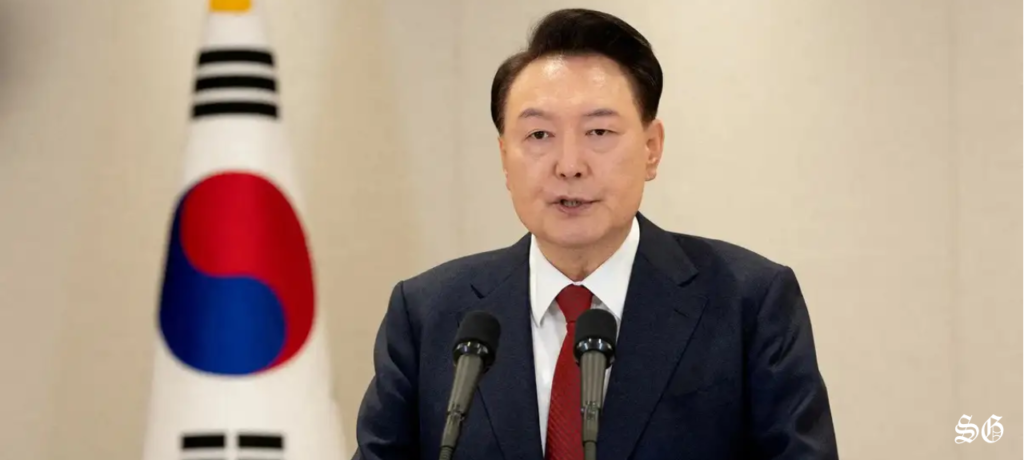Table of Contents

South Korean Authorities Fail to Arrest Former President Yoon Suk Yeol
Arrest Attempt Thwarted by Standoff
South Korean authorities attempted to arrest impeached President Yoon Suk Yeol on Friday following his December 3 martial law declaration. Officials from the Corruption Investigation Office for High-ranking Officials (CIO) entered the presidential compound but faced resistance from the Presidential Security Service (PSS) and military personnel.
The operation was called off at 1:30 p.m., with the CIO citing concerns for the safety of its personnel. The arrest warrant remains valid until January 6.
Public Protests and Security Blockades
Hundreds of Yoon’s supporters gathered near his residence in the early hours, vowing to prevent his arrest. Inside the compound, the CIO faced security cordons composed of PSS agents and military troops, who were under the PSS’s control according to the Ministry of National Defense.
Legal Challenges and Standoff Outcomes
The arrest warrant was issued after Yoon failed to comply with multiple summons for questioning. Yoon’s lawyer argued that the warrant was invalid and threatened legal action. The CIO expressed “deep regret” over Yoon’s refusal to cooperate, describing the situation as a significant obstruction to justice.
Next Steps for Investigators
The CIO stated that it would reassess its approach before the arrest warrant expires. If arrested, Yoon could be detained for up to 48 hours while investigators decide whether to seek a detention warrant or release him.
This unfolding situation highlights the legal and political challenges of enforcing accountability against a former leader protected by entrenched security and loyalist support.